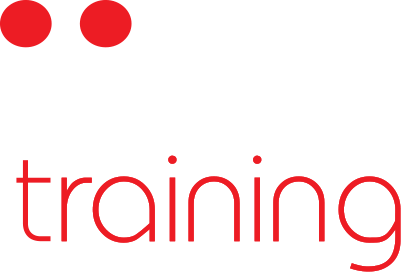Incredible growths in technology and innovation have begun to completely transform the reality of learning and education. In the face of these changing technologies, new approaches and methods for education have popped up in response. How is technology changing the landscape of learning? It would appear that these adaptations will alter everything from the way we learn to who is teaching and what information is being taught. As technology mutates education itself, new research and discoveries surrounding the workings of psychology and neurology are also constantly appearing. This fresh information about how the brain functions further influences the ways in which technology is affecting the future of learning.
Education in the Digital Age
The math department at Arizona State University recently undertook a unique approach to integrating technology and education. Most of the students completed their mathematics work inside a computer lab. A computer program the department developed would collect the students’ responses, analyse them to determine strengths and weaknesses, and then produce and individualised lesson plan for each student. In this example, the power of IT was harnessed to assist in improving the learning experience for each and every student. Unlike a blanket education method which may not be equally appropriate for all students, this program emphasised the importance of individual needs, utilising data as a guide.
The Harvard Graduate School of Education Professional Education program runs a project known as the Future of Learning Institute, or FoL, which explores innovative learning and training methods for professionals. One focus has been an implementation of digital programs social networks as part of blended learning solutions. This type of participatory learning which uses various methods and encourages ample discussion and collaboration, has proven very useful in training for professionals in the education field and in many other industries.
Finding What Works
In education and training, both methodology and engagement are important, and typically go hand in hand. With learning and skills development, a common practice is to focus on repetition and memorisation. According to psychology professor Dr. Mark McDaniel, these methods do not support long-term retention of material in any subject. He, along with other researchers, supports a blended approach that incorporates practicality into the training environment. Real experiences and interacting with the topic create memories or stories which we will better recall and which we can look to in the future when using those learned skills or pieces of information. In terms of IT training and learning, this means working through digital problems using the applications and skills we’re beginning to apply, with full instructor support available to guide us.
These technological advances are certainly no substitute for a quality teacher, however, which further substantiates the need for a mixed approach that blends a variety of methods and ways to grasp new skills. A vital aspect in these types of learning should always be an instructor-lead environment. Interaction and cooperation builds trust and confidence, and that is surely one of the greatest tools for learning.

